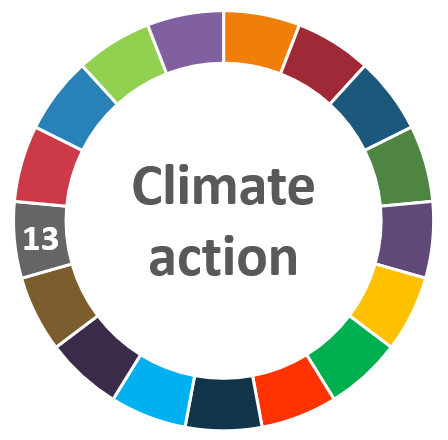
ΑΙhub.org
AI and climate change – a virtual briefing with Climate Change AI researchers

In December, Heinrich-Böll-Stiftung hosted a virtual briefing featuring researchers from Climate Change AI (CCAI). They talked about the role machine learning can play in facilitating climate change mitigation and adaptation strategies, AI applications that increase emissions, and energy use in AI itself.

On the topic of facilitating climate change mitigation and adaptation strategies, a number of examples were given where AI could help. These include: gathering information, forecasting, improving operational efficiencies, predictive maintenance, accelerating scientific experimentation, and approximating time-intensive simulations.
The researchers then talked about AI applications that increase emissions. There are two aspects to this. Firstly, the use of AI in applications that directly increase emissions, such as use in the oil, gas and mining industries. Secondly, AI applications with uncertain impact. For example, AI is a key component in creating new technologies, like autonomous vehicles. In technologies such as these there is no clear understanding of whether their implementation would have a positive or negative effect on the climate.
The team discussed the energy consumption of AI systems. They touched on the need to understand the power consumption for applications during both the training and usage phases.
Finally, we heard about the role of policy implementation with regards to aligning the use of AI with climate change strategies.
You can watch the briefing in full here:
Taking part in the session were:
- Priya L. Donti, Carnegie Mellon University, and Co-founder and Chair, Climate Change AI
- Lynn H. Kaack, ETH Zürich, and Co-founder and Chair, Climate Change AI
- David Rolnick, McGill University and Mila, and Co-founder and Chair, Climate Change AI
CCAI is a group of volunteers from academia and industry who believe that tackling climate change requires concerted societal action, in which machine learning can play an impactful role.
Read the paper Artificial Intelligence and Climate Change: Opportunities, considerations, and policy levers to align AI with climate change goals by Lynn H. Kaack, Priya Donti, Emma Strubell and David Rolnick.
tags: Focus on climate action, Focus on UN SDGs










